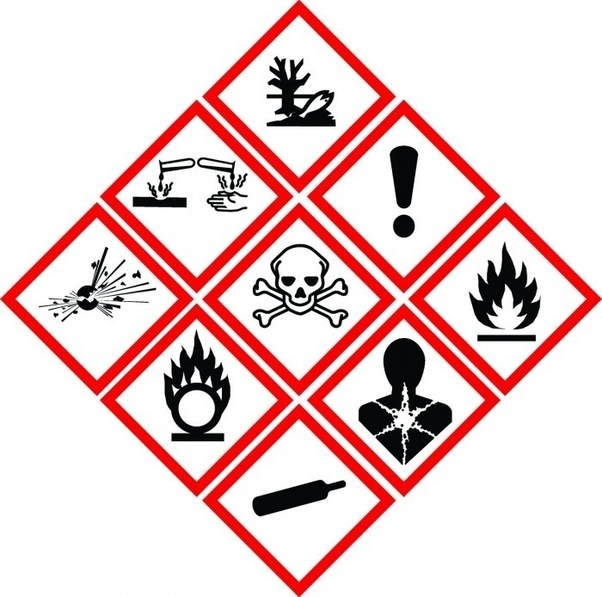Hazardous waste (solvents, paints, energy-saving bulbs and luminous tubes, batteries, etc.) must be collected separately. Batteries are very polluting waste. They contain heavy metals which are dangerous for human beings (they are cancerogenic) and for the environment (during their incineration hazardous substances are released into the air).
The most dangerous of them is mercury. In people, mercury accumulates in the brain, the kidneys and the liver; it attacks the nervous system. Therefore, never throw batteries in the trash bin. Batteries for electrical appliances do not take much room and their collection is very simple: place a collection carton in a visible spot at the work place. Then take the used batteries back to the merchants who sell them or to collection points. Best of all, try to avoid using batteries, for example when you make a purchase, select appliances which get their electricity from the mains.
If batteries are truly necessary, choose rechargeable NiMH batteries. Look for alternative energy: solar power for your calculator. Remove batteries from a device which you are not using for several weeks to prevent their discharging without need. Many gadgets contain hidden batteries (flashing key chains...), and be sure to remove them before disposing of the gadget!

Reduced costs
In the environment, the content of a battery the size of a button is enough to pollute 400 litres of water or 1m³ of ground for 50 years. Rechargeable NiMH batteries often cost somewhat dear at purchase (around 20 Euros for 4 batteries) but they have a service life of more than 4 years, whereas a disposable battery (5 Euros for 4 batteries) used intensively will not last more than thirty or so hours. If we take, for example, the use of 10 batteries per year during 4 years, the purchase cost comes to 60 Euros. If the device operates 8 hours per day with disposable batteries, the cost of the 10 disposable batteries over 4 years will be nearly 3,100 Euros. (((232*8)/30)*4)*2.5*5 Euros=3,093.
Environmental benefits
Reduced use of raw materials.
Reduced negative effect on human health through reduced air, water and soil pollution.